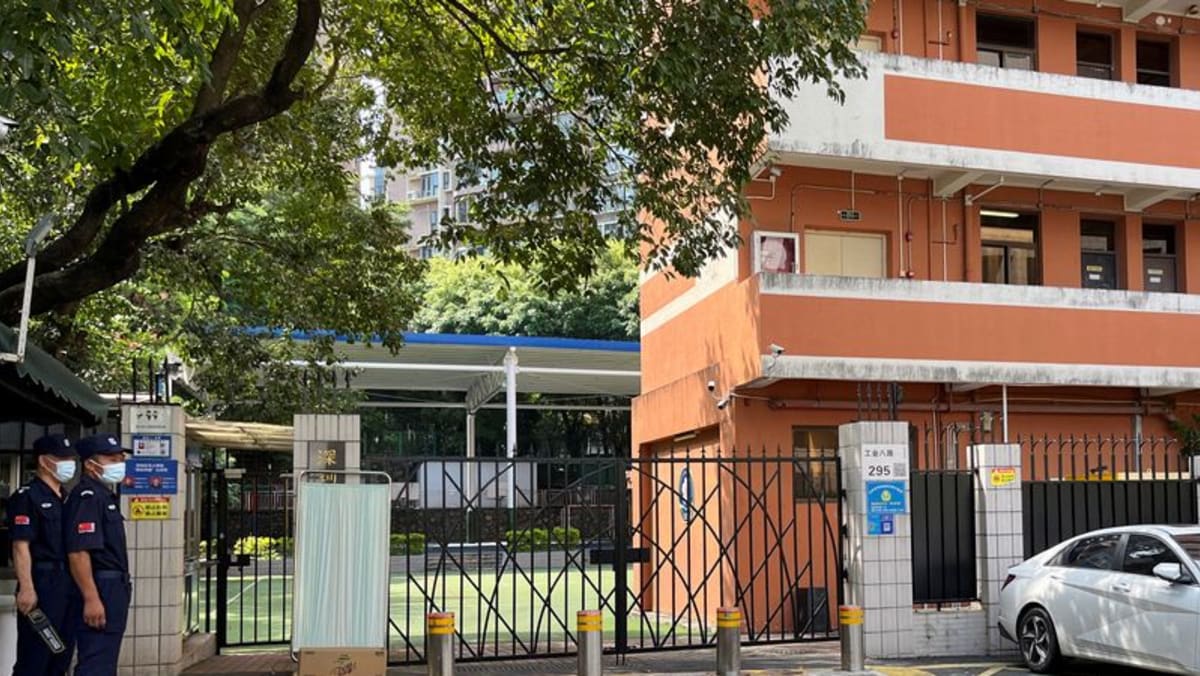China faces calls for transparency after latest stabbing attack sparks safety fears

A 44-year-old suspect, surnamed Zhong, confessed to attacking the boy, according to a report by Southern Metropolis Daily and Shenzhen Special Zone Daily, citing a police source.
Diplomatic observers cautioned that an outbreak of violence against foreigners combined with Beijing’s opaque approach could fuel insecurity, undermining China’s attempts to lure back foreign visitors. The authorities should release more details on the incidents to ease public concerns, they said.
Last year, China introduced visa-free entry policies for several countries and recently broadened the scheme to include visa-free transits, allowing travellers from certain countries to remain in specific areas for up to 144 hours.
Despite China’s multiple measures to attract foreign investment and tourists, the recent attacks could “significantly undermine these efforts”, according to Zheng Zhihua, an associate professor at Shanghai Jiao Tong University.
Police statements about such incidents tended to “downplay the involvement of foreigners in the stabbing incidents”, Zheng added, noting that the latest victim was only identified as a minor with the surname Shen.
“It seems to be a conscious effort to prevent any perception of animosity or violence towards foreigners in Chinese society.”
The assault happened on a significant date in China – the anniversary of the 1931 “918 Incident” – also known as the Manchurian, or Mukden, Incident – which led to the Japanese invasion of the region and has come to symbolise national disgrace.
Ahead of the anniversary, Japan had asked that Chinese authorities step up safety measures at Japanese schools. It was not clear if this had happened at the school in Shenzhen before the sensitive date.
“Given this situation, we are profoundly disappointed that the incident still took place,” Japanese Foreign Minister Yoko Kamikawa said.
Chong Ja Ian, an associate professor of political science at the National University of Singapore, warned that more such attacks could foster a perception that foreigners were unwelcome in China, potentially leading to a decline in people-to-people exchanges.
He added that stabbings might reinforce the perception that China was not a welcoming place for foreigners.
“Foreigners and foreign companies could stay away as a result. This could also accelerate the relocation of corporations away from China,” he added.
“Should this trend increase and become persistent, people-to-people exchanges in China could diminish. There could well be a view that people-to-people contact in the country could be dangerous rather than beneficial,” Chong said.
Source: CNA















